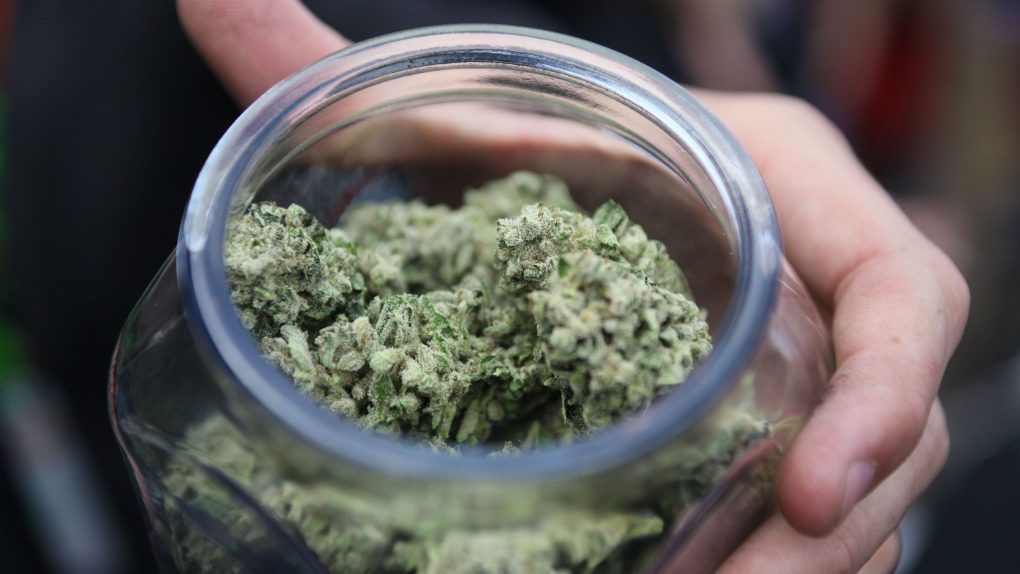With more states now allowing for recreational marijuana use than ever before, the federal government is slowly warming up to the idea of full-scale legalization. A House Judiciary Committee voted on a landmark legalization bill on Wednesday, voting 24 to 10 to approve the bill and push it to the Senate.
The bill would undo a decision made decades ago to place marijuana on the Schedule 1 list of control substances. As a Schedule 1 drug, marijuana possession is still illegal on a federal level, though lately the government has been largely allowing states to either maintain or curtail their own laws regarding the plant.
The approval of the bill by committee is a huge step in the right direction, but it’s no guarantee that the bill will become law. The Senate, which remains under control of Republicans, is expected to push back against the legislation.
The bill isn’t just about legalizing pot. If approved, it would also place a 5% tax on the sale of legal cannabis products. States like Colorado, which have already opened their arms (and wallets) to recreational marijuana, have seen a financial windfall. Colorado specifically has already taken in over $1.1 billion in taxes, license sales for marijuana sellers, and associated fees.
Removing marijuana from its Schedule 1 status — a group of drugs that also includes heroin, methamphetamine, and LSD — would effectively decriminalize its possession from coast to coast. That means recreational use, of course, but it also opens the doors to additional research into the medicinal benefits of the plant and its compounds, which have been proven to benefit patients suffering from a variety of ailments.
We’ll have to wait and see what the Senate thinks of the bill, but even hardline politicians who still use “the war on drugs” as a talking point may be persuaded by the financial pluses of legalizing and taxing the plant.








